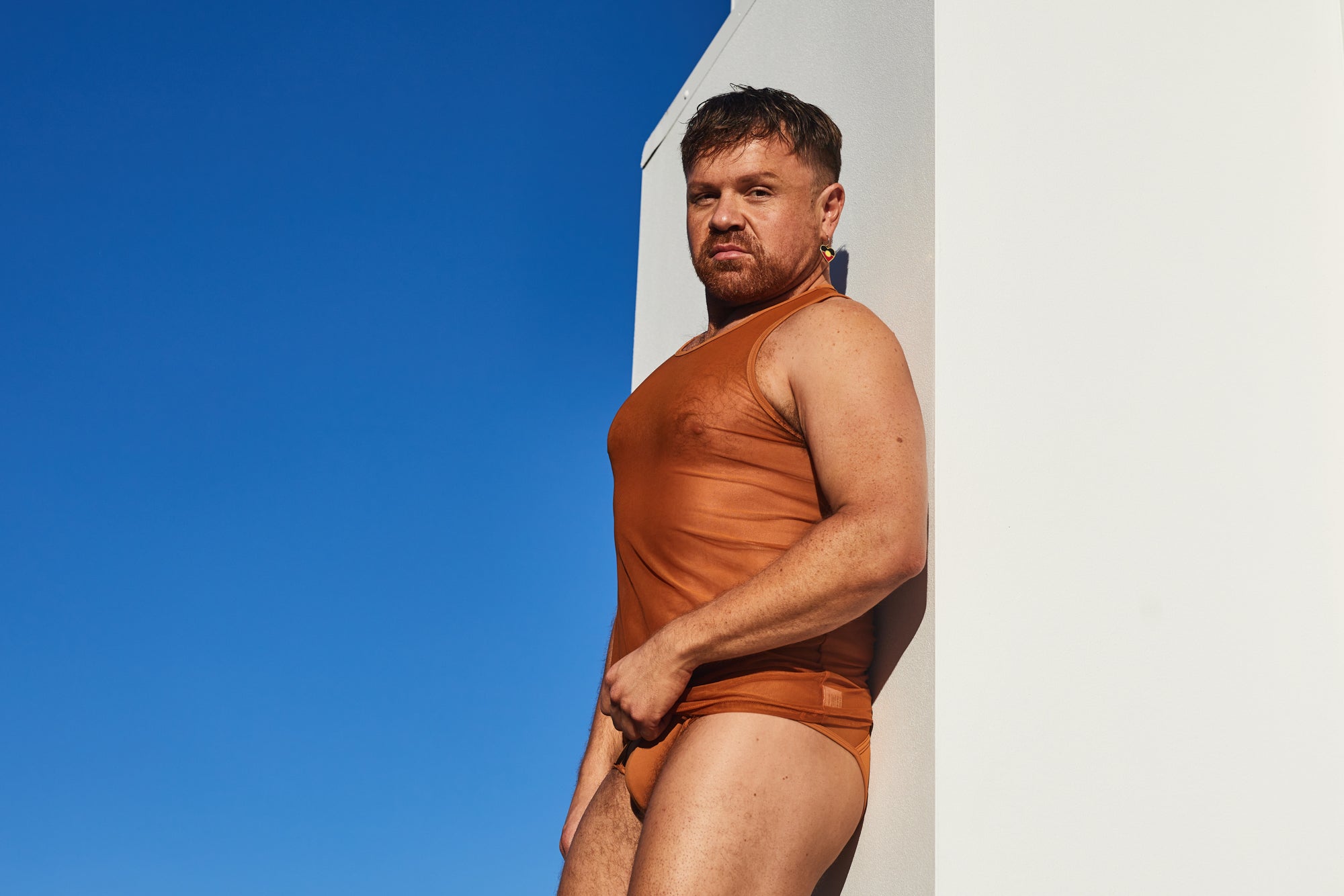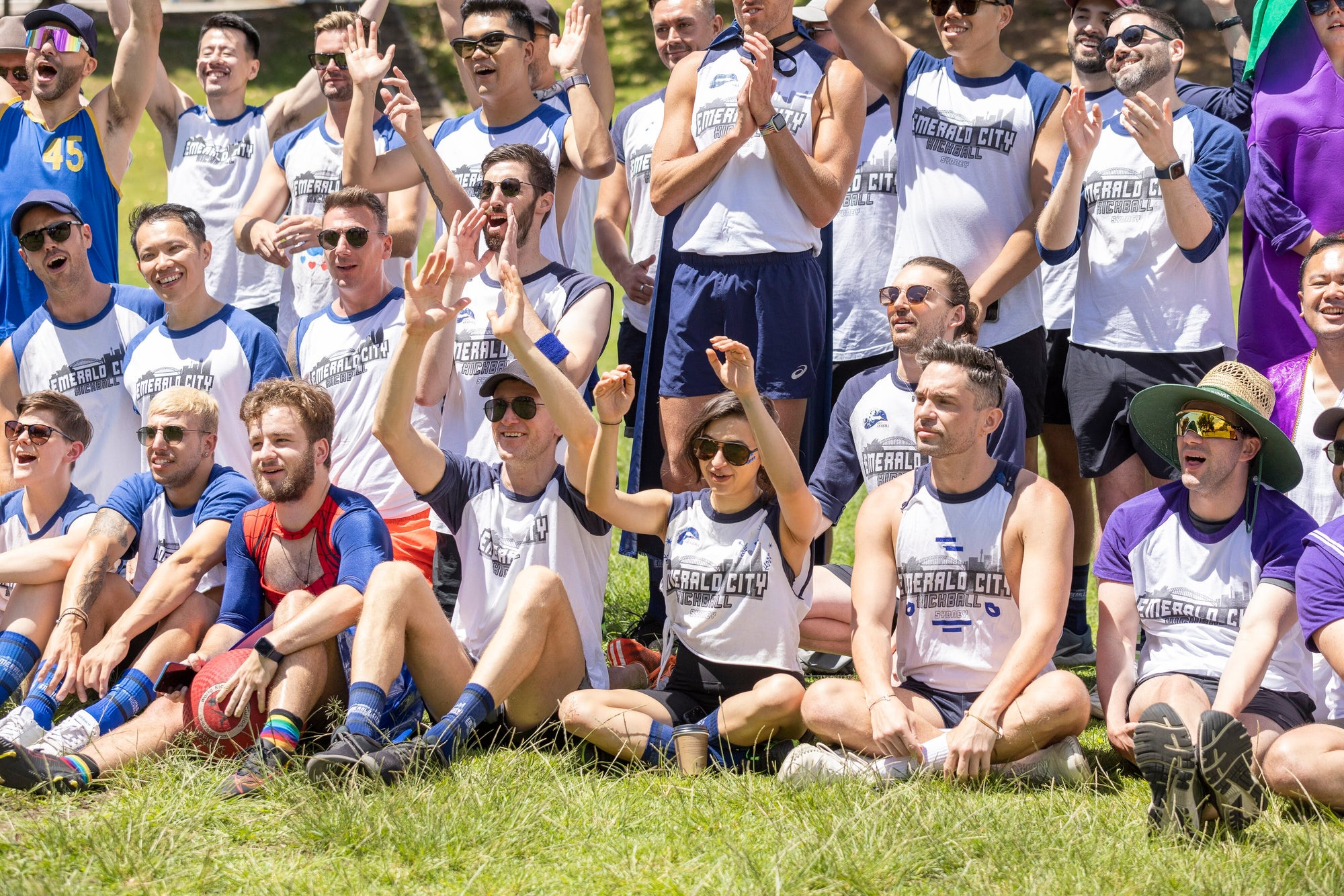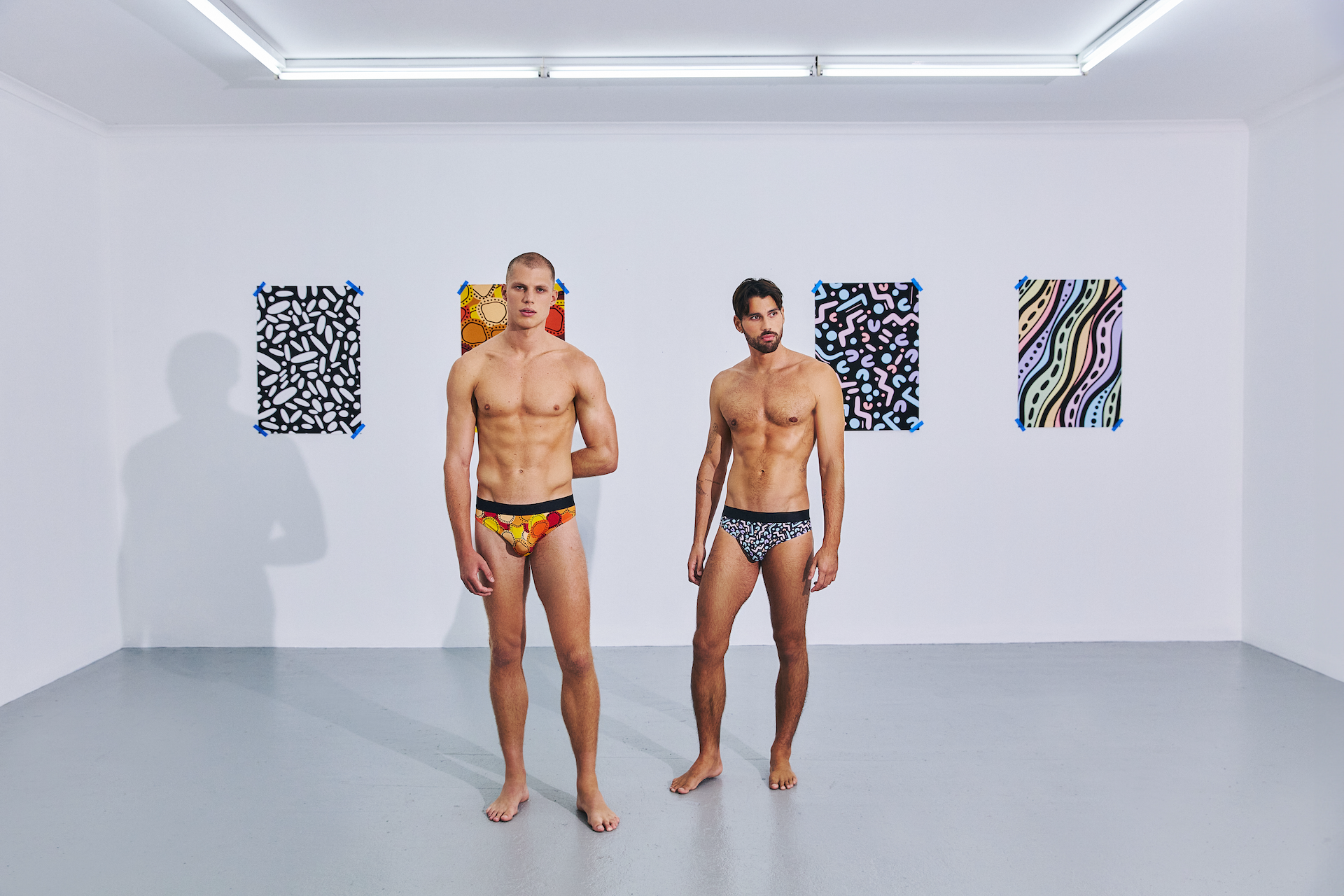
Meet Will Cooper, proud Wiradjuri/Yorta Yorta man. A man with an enviable passion for his First Nations community and who has found his voice as an advocate and role model. Hailing from a small town in country New South Wales called Harden, he now calls Sydney home since he made the move in 2018.
The side hustle is on for Will, who has big dreams and ambitions and is breaking down barriers and stereotypes one at a time! In his own words, he’s a ‘wannabe community rugby player’ but arguably his calling as a First Nations and Queer advocate is closest to his heart.
Read Will’s story below. The man has a mission and we’re here for it!

Your dedication for your First Nations community is incredible. Where does it come from?
As a proud Wiradjuri/Yorta Yorta man, my Mum (who’s Aboriginal – my Dad is not) has raised me to be proud of my culture. To speak up and be an advocate when it’s needed and as I get older I realise the important role I can play for my community. I can be a role model for Queer First Nations kids that life will be ok, to fair skinned First Nations kids that their cultural roots are to be respected and they deserve to be seen and heard with their unique perspective. I was formerly 40 kgs overweight, so I can be an advocate for mob with their health, wellbeing and self love after struggling with it all myself, especially when it can be tough as a First Nations Queer man. For me it’s about paying it all back and using my life and story to help others. Be the role model I didn’t get to have growing up.
What kind of work and activities have you been doing for the First Nations people?
Besides my 9-5 work in Indigenous Affairs, I’m big on using my social media to share my life and perspective on First Nations issues. Life as a man with lived Aboriginal experience and knowledge, plus taking opportunities when presented. I’ve collaborated with Indigenous X on articles and hosted their Twitter account, Buzzfeed on First Nations specific content and am passionate about always using my platform and knowledge to advocate for mob when I can, especially in spaces and platforms we aren’t usually seen.

What are your proudest moments in life so far?
There’s many!! My fitness journey, weighing 128 kgs when I was 19/20 with scoliosis to gradually getting hooked on the gym and healthy eating (without a structured diet) to being featured in Men’s Health for my transformation. More recently – having the opportunity to create First Nations content with Buzzfeed which was all about sharing more nuanced cultural pieces through food and other intersectional perspectives. Approaching places with your ideas can be daunting, but I knew the perspectives I had were something worthy of being shared and grateful that places like Buzzfeed, amongst others are providing mob with platforms to share culture on their own terms, rather than having non-Indigenous people dictate what they want to see from us.
Which positive evolutions are you the happiest for in regards to First Nations visibility?
Seeing First Nations faces in a broad variety of spaces. Growing up it was hard to see a mob represented on TV, film, media and we are definitely getting there. It makes me proud to see us dominate in fashion and be the first in so many places where we weren’t seen e.g. the first Aboriginal woman appointed to the Supreme Court has just occurred. We have had to work twice as hard for half the opportunities and I’m so proud to see us visible in spaces our Elders couldn’t have thought possible. Here’s to much more of this visibility and growth in all our cultural knowledge and respect. To the point where initiatives can hopefully become a business as usual practice, instead of an exercise in equity.

In your opinion, what are some of the biggest challenges faced by First Nations people in terms of visibility and breaking down stereotypes?
For years the pervasive issue was breaking through the non-Indigenous lens of what a First Nations person is ‘supposed to be’, based on perceptions and historical teachings. We were only presented a certain way, shown to speak and live a certain way, live in certain places and it’s all completely untrue. We are everywhere and come in all shades and sizes. No matter how you look, where you live, what you do for your career – it’s all about your connection to culture and mob claiming you. We weren’t afforded the same opportunities as non-Indigenous people and schools, plus workplaces are playing catchup to ensure their cultural education and safety is where it should be. It’s not perfect, there’s more to do; but the change I’ve seen in the last 10 years alone has been brilliant.
Having mob afforded the same opportunities is what’s helping to make change and ensure truth telling is occurring. There’s still work to be done, but it makes me proud to see Brooke Boney on Channel 9, Tony Armstrong on ABC, Kid Laroi dominating in music, mob killing it in fashion and all industries. These are the steps and visibility that will help create a change where hopefully it’s normalised for us to be in all spaces.

Let’s talk about the First Nations queer community? How do you think the experience of first nations queer people differs from queer people in other communities?
It’s all to do with intersectionality. Anyone who has a racial identity will always face extra challenges when they are also queer. We don’t walk in 2 worlds (white man's world and First Nations/cultural world), we walk in 3 and that brings along issues of safe spaces within the queer community which are culturally inclusive and respectful when the Queer community still struggles as it is usually presenting a mostly white and cliched narrative which is outdated and barely scratching the surface on how truly diverse, nuanced and unique our queer community is. Queer mobs' health and wellbeing is often overlooked in mainstream and First Nations initiatives, so it can be a fight to be seen and respected in all spaces.
We come from the world’s oldest living culture and within Australia still need to fight to be seen and heard. It’s culturally safe and inclusive Queer spaces and access to culturally safe support which can be the biggest struggles. Sydney World Pride did a brilliant job in creating First Nations queer events and inclusion – hopefully some lessons that all the community can take away and learn from. The act of including First Nations perspectives and talent isn’t as hard as mainstream companies and audiences think it has to be and can be incredibly rewarding from all ends, especially when it’s done right and as a starting point for further expansion.
You play for the Sydney Convicts, which is a queer rugby team. What do you love the most about this activity?
The Convicts have been instrumental in helping me settle in Sydney. I was living in Canberra beforehand and had been following them on social media for sometime before I moved in 2018. I was inspired by how they broke queer stereotypes and presented an opportunity for me to try a sport and go into a space that I was never comfortable in, mostly because I was previously overweight. I joined in 2019 and they’ve helped me find a supportive Sydney community that is safe for queer people and I’m again doing what I can to ensure it can be a safe space for queer mob to join as First Nations players. I’m certainly not the best player!! But I'm trying!!
Are there any upcoming projects or initiatives you're working on?
I have some collaborations and further side projects in the pipeline, so all I’ll say is watch this space….

Photography by Rob Hookey.



Comment
Merci pour cette article! Merci pour ces photos avec un mec normal. Ça fait du bien de voir un homme sans muscle et avec des poils! Tout les modèles de sous vêtements ce ressemble… nous sommes loin de tous ressembler aux critères physique des modèles que les marques utilisent pour vendre leurs sous vêtements. Alors cette fois ci merci beaucoup pour ça